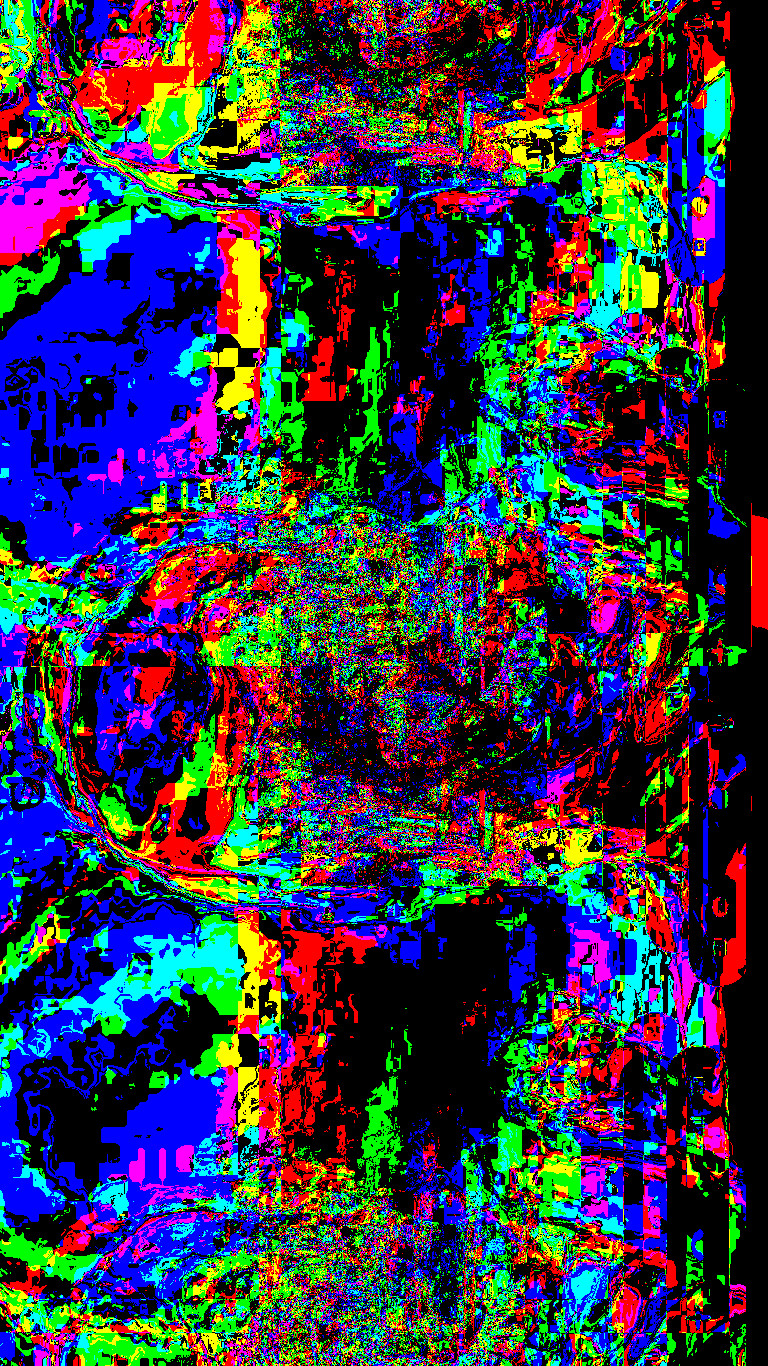revew: Breach – The Drill
The Drill/
direction:
Dorothy Allen-Pickard (video)/
Billy Barrett (live)/:
writers:
Billy Barrett/
Ellice Stevens/:
Breach/
HOME/
14-16/06/2018//
I think ultimately Breach’s The Drill is a show about deep, difficult to navigate, embodied sensations, which doesn’t manage to make me actually Feel any of them. There’s a story about hooking up with a Daddy through an app, disconnecting a little while he shags you from behind cos you’re thinking about your ex and he’s a lot older than he looked in the pictures and you’re not that into this but don’t feel comfortable stopping and leaving. There’s a story about the grinding monotony and boiling resentment of the public when working as a flyerer. There’s a story about your partner ‘assuming’ you’re going to have baby together and then having a nightmare about nuclear explosions and sexist gender dynamics and melting babies.
I know from about five minutes in that the stories are going to converge in some sort of climax. From then, I’m waiting for their stories to end so I can figure out why I’m being told them. And I don’t feel invested enough in the stories, their characters. I don’t really know who they are, they feel too much as if they exist only in these moments of telling, like they don’t have any life before or after this performance. As if they only inhabit a single event, and not even for their own purposes but for the purpose of a theatre show which requires three characters to eventually be in the same place and time. They feel drawn forward emptily, without any sense of forces pushing or pulling.
These stories are intercut with sections of Almost documentary film. Or certainly non-fiction film. It feels more like archival footage, recorded to prove something happened. The makers of this show (and some collaborators) went on a few counter-terrorism courses. The sort of thing that teaches you how to deal with an armed aggressor, or how to look for explosive devices, and what behaviours to adopt, and at what point you are helpful and at what point you ought to call the police/ambulance/bomb squad.
The common thread is a sense of anxiety, a combination of vulnerability, discomfort and expectation. Anxiety is a huge dominant affect among almost everyone I know. We’re all insecure. We’re all reminded about our precarity in various directions by adverts, television, tax returns, relatives, nightmares. Walking through Underground stations when I was in London last month I was reminded with all mundane frequency that if something ‘doesn’t look right’ to let the authorities know. Nothing looks right. Everything in London seems architecturally hostile to me. How am I supposed to know what’s the right kind of wrong? That’s an anxiety touched on in The Drill that I can relate to.
I think my anxiety was at its greatest in the last ten minutes of the show, wondering what they might do to resolve all the elements, tie them together and throw some light on the preceding fifty. But that tension never broke, the show just sort of settles into a new rhythm, becomes a little bit more theatrical then ends. For a show really preoccupied with anxiety it settles very easily into set categories of the performance: there’s the video bits, the talking to the audience bits, the talking to each other bits, the acting out drills, the stories. There’s no bleed. My experience of anxiousness is everything bleeding into a single aggressive world that surrounds me. A mess that threatens to swallow me. The Drill is too clean to wield any oppression.
It’s strange because on paper the separate elements seem like compelling ingredients for an interesting, affecting piece of theatre. But the execution feels a bit like a pile of papers. The elements don’t really interact, they’re all seams and you can see the gaps. I don’t experience any synthesis between the ideas in this show. They just sort of happen to be in the same place in the space of an hour sat in a theatre with an audience.
In particular the footage of the training workshops feels like it’s cut from something totally different. It interjects the action onstage as if to lend some realism or validity to the work – I mean it feels more like a comment on the piece we are watching than a part of it. The theatre and the film don’t interact with each other, to the extent that I feel able to talk about them cleanly as two wholly separate things.
Maybe the problem with disarming and training drills is that they really aren’t theatre. They’re not dance. They’re efficient and artless. Which is necessary when you want to be pretty sure you stand a chance of taking a gun off an aggressor but doesn’t make them compelling to watch again and again. There are moments of spectacle in The Drill, where it seems as if I’m about to fall into a live experience or an exploration of exhaustion or routine structured to create casual anxiety. There are moments of staged antagonism between the performers but ultimately everything feels as if it has already happened before. The action is already unfolded and we’re here to see it reiterated.
The practitioners interviewed in the videos about their work for training drills talk briefly about the ‘theatre’ of the work they do. But what they make isn’t spectacle, it’s function. A shopping centre or stadium is closed down while a drill is being run. The spectacle, if there is one, is another level removed – it’s a news report to let us know that these things happen and we are safe, it’s a public building budgeting to train their minimum-wage staff how to hide from gunfire. It’s a bigger thing than the room where the training happens. It’s bigger than knowing the actions to perform.
